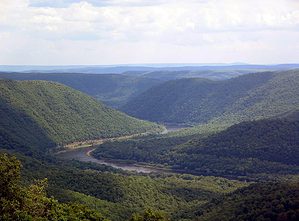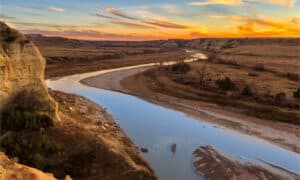The Tigris River is one of the most famous, and most significant rivers in the world. Along with the Nile, Yellow River, Euphrates, Rubicon, and others, the Tigris River enjoys a hallowed place of honor in our cultural, religious, and political history. So, when there are new stories and rumors about it drying up, people around the world are going to pay attention. Well, is the Tigris River drying up?
The short answer is yes. However, the longer answer is a bit more complicated. Here we will explore a few of the factors contributing to the panic surrounding the Tigris river. This is the 2024 update.
Why Is The Tigris River So Important?
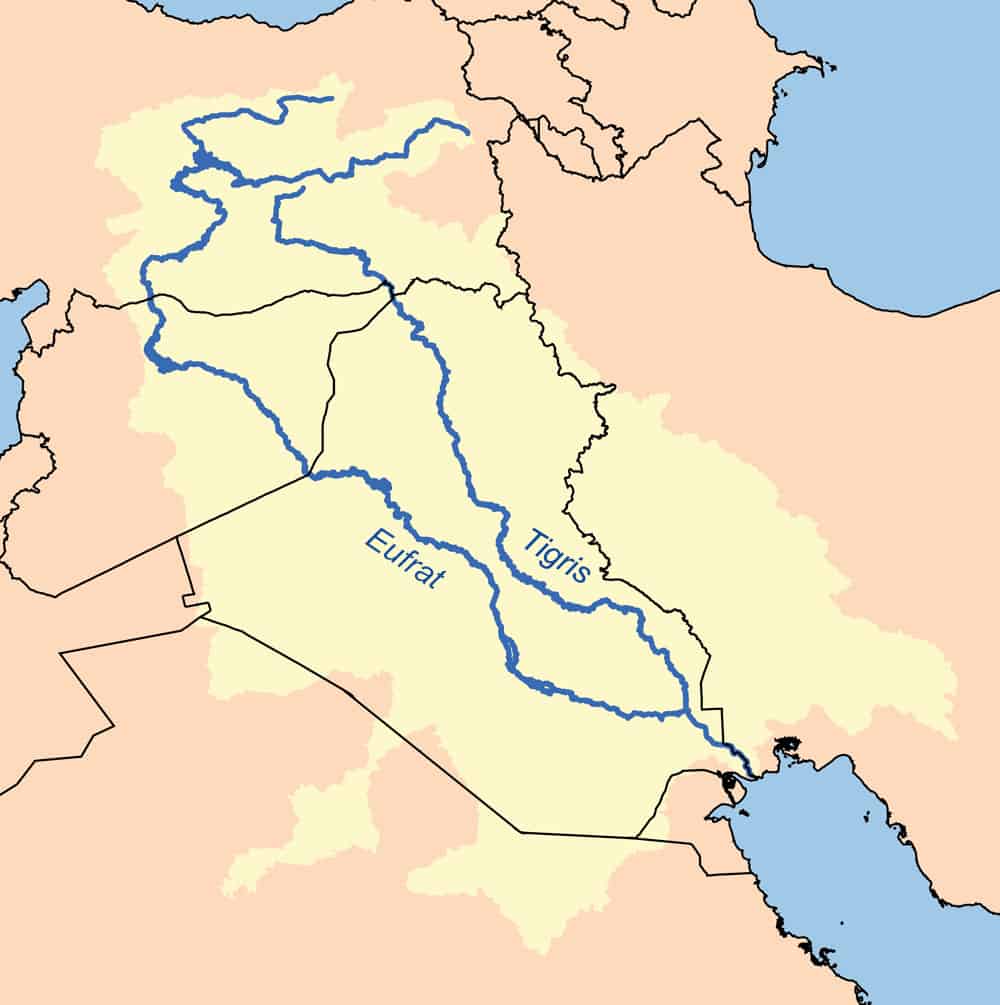
Map of the Tigris/Euphrates drainage basin. The Tigris and Euphrates were essential for many ancient empires to rise and thrive. This area is known as the Cradle of Civilization.
©Karl Musser, translated labels by User:Mathias-S, CC BY-SA 2.5, via Wikimedia Commons – License
While the Tigris River has played a key role in the rise of many ancient and modern empires, its most important role is in feeding the millions of people who call Iraq home. Over half of the farmland in Iraq relies on the Tigris River for irrigation.
Along with its sister river, the Euphrates, the Tigris is the lifeblood of Mesopotamia. Many ancient empires founded their capitols along its banks. Today you can find the cities of Samarra, Basra, Mosul, Tikrit, and Baghdad by the Tigris River.
The Tigris river is an important transport route, too. Shallow-draft boats can travel as far up the river as Baghdad, bringing much-needed supplies and consumer goods. Many other cities downriver rely on this important river to receive much of their shipping.
What Is Happening with the Tigris River?
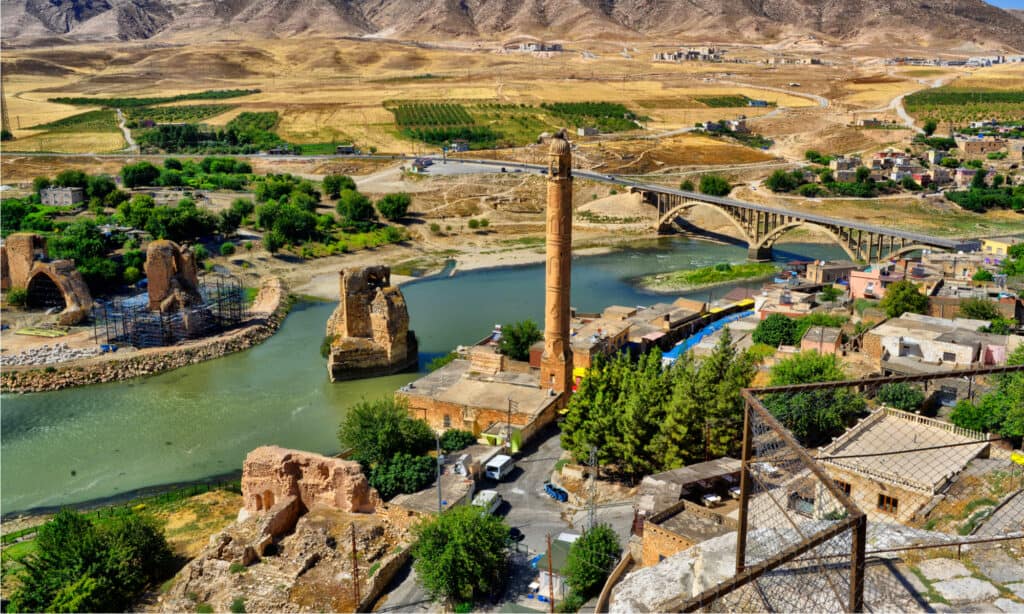
The Tigris River as it flows through Turkey where it will eventually enter Iraq then into the Persian Gulf.
©Sanatkar/Shutterstock.com
The Tigris River has been drying up for a few decades. It is in the last few years, however, that governments and organizations are ringing the alarm bells with increased fervor.
In 2022, the Iraqi government in Baghdad said that the flow of the Tigris has dropped to 35 percent of its usual amount as it enters Iraq from Turkey. That trend is expected to continue. In the coming years, the amount of water Iraq receives from the Tigris River might drop to below one-third of what it once was.
The lack of water to grow food and sustain livestock is already causing thousands of people to flee small towns toward cities with more access to water. In 2022, the International Organization for Migration said that “climate migration is already a reality in Iraq,” and that over 3,300 families had already fled Iraq’s central and southern rural areas in the first quarter of 2022.
The World Bank issued another grave warning about the effects of global warming for the rest of the country. They said that by “2050 a temperature increase of one degree Celsius and a precipitation decrease of 10 percent would cause a 20 percent reduction of available freshwater. Under these circumstances, nearly one-third of the irrigated land in Iraq will have no water.”
Where is The Water Going?
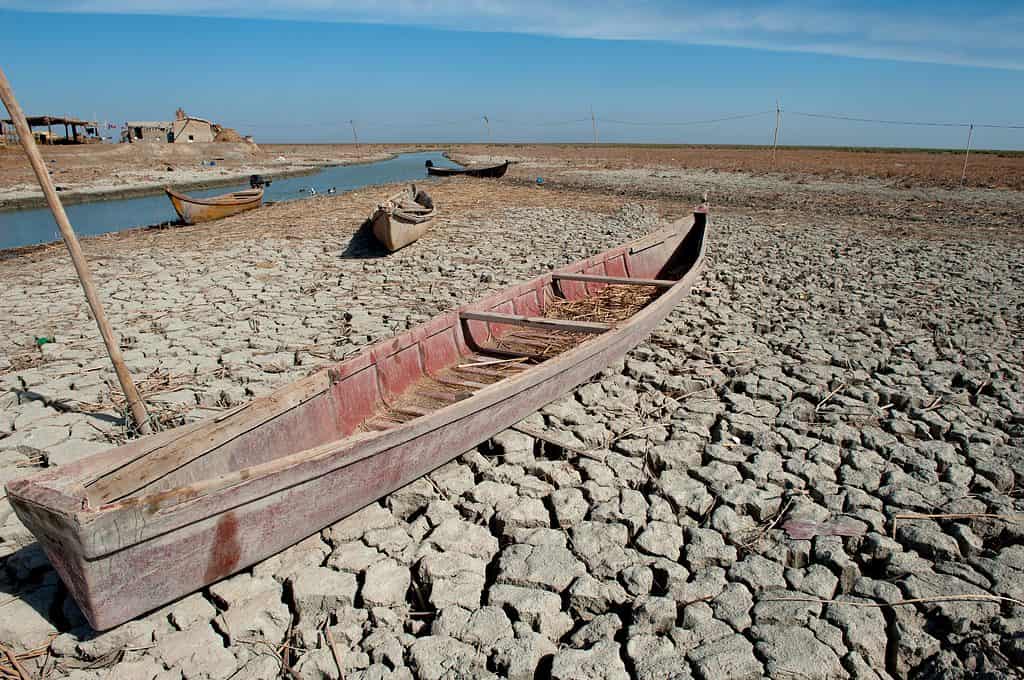
Both the Tigris and Euphrates rivers suffer from increased damming, misuse, drought, pollution, and mining. As the crisis persists, scenes such as these will become ever more commonplace.
©John Wreford/Shutterstock.com
The Iraqi government and local farmers accuse the government of Turkey in Ankara of shutting off the water flow into Iraq. They regularly request that Turkey release more of the water locked behind its many dams. Turkey is currently building 22 new dams, with the most recent finished in 2018.
Both the Iraqi and Turkish governments have spent many years building dams for irrigation, power, and flood control. But, the headwaters of the Tigris River are within Turkey’s borders. This gives them a lot of power over how much water to allow downstream into Iraq. Government and activist groups have called on Turkey to release more water. Turkish officials reply that the water is wasted in Iraq. Farmers in Iraq continue to use flood farming instead of irrigation, which wastes a lot of water.
Additionally, the region has been in a very severe drought ever since 2020. The 2021 season was the second-driest in the past four decades. Water flow in general has been low, so the effects of pollution, waste, and evaporation are even more severe.
Natural rivers are sustained by deep reservoirs of groundwater that flow with them deep under the surface. This is why, even during times of drought in desert areas, rivers are often able to maintain flow levels for many years. The groundwater will subsidize the flow of the river during drought, and the groundwater will be replenished during times of heavy rainfall.
With careful planning, these underground reservoirs can sustain human populations while maintaining healthy river flow. However, the groundwater reserves that sustain the Tigris River have all but dried up. Wells for drinking water, irrigation, and oil wells have all drained the reserves. Today, wells are being dug to over 2,300 feet to just find water (which might still be polluted by oil drilling). Without this precious groundwater, it becomes almost impossible to return the Tigris to its original flow.
Why is This a Problem?
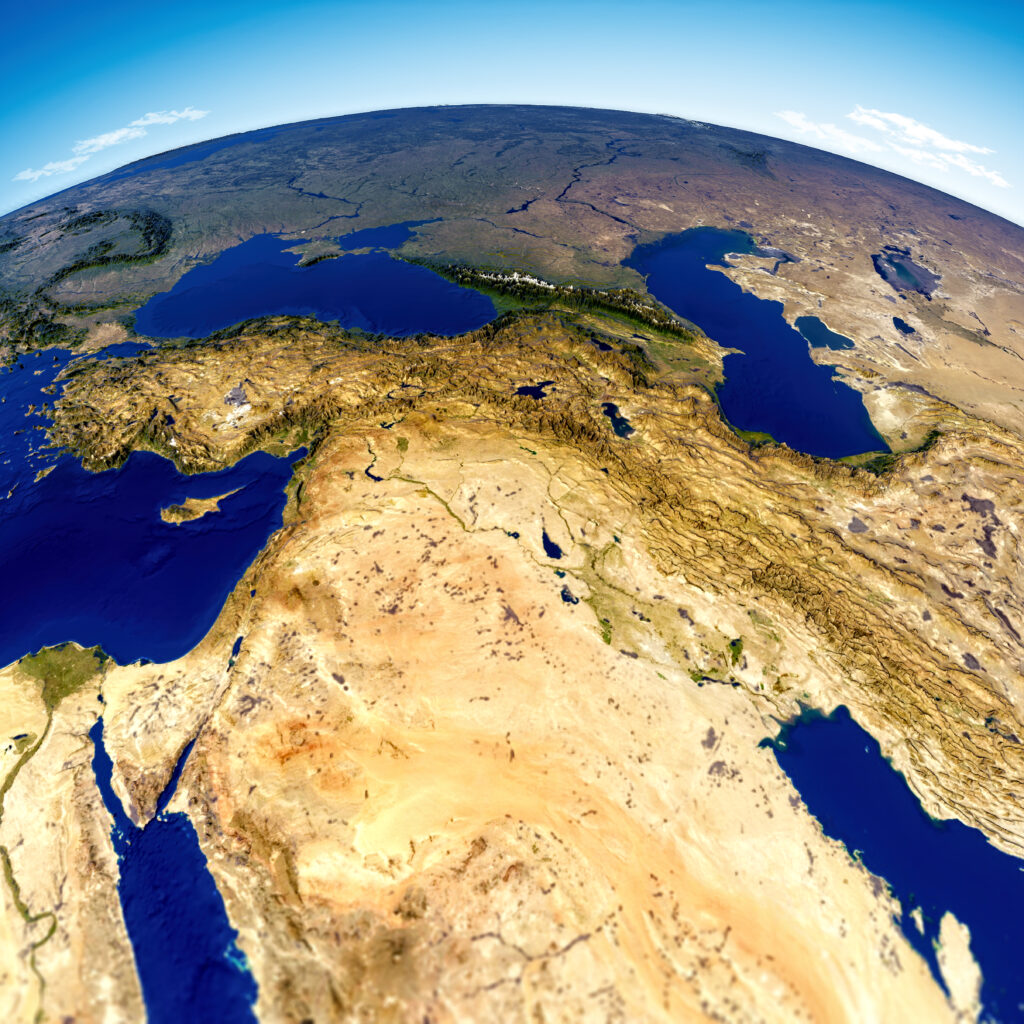
An image of Iraq and its neighbors. The control of water and shutting off access to it is a common practice in international relations, especially during war. Iraq is no stranger to the importance of water access.
©iStock.com/Naeblys
With low water flow, half of Iraq’s farmland is at risk of becoming desert, known as desertification. The United Nations lists Iraq as one of the top five countries most exposed to and at risk of climate change. In the past few years alone, Iraq has been battered by a series of natural disasters. This makes its ability to recover from severe drought and internal conflict even more difficult.
Currently, over 98 percent of Iraqi homes live in an area with water deficits. The World Bank says that unless significant changes are made, the gap between water supply and demand will increase from 5 billion cubic meters today to 11 billion cubic meters by 2035.
The lack of sufficient fresh water means that many citizens have had to use polluted or recycled water for drinking and washing. Whatever fresh water is able to make it to the large cities is sometimes polluted by riverside factories, raw sewage, landfills, and refineries. Thousands of people suffer from poisoning every year.
The problem of the Tigris River drying up goes beyond not having enough water to drink or grow food, however. The Tigris River empties into the Persian Gulf. As the flow of water in the river decreases, the water in the Persian Gulf can push back up the river inland. The saltwater from the ocean poisons and destroys farmland and fertile soil throughout the southern areas of Iraq. Even if the flow of the Tigris returns to normal, many thousands of acres of land are beyond repair. Many more are at risk in the near future.
Conclusion
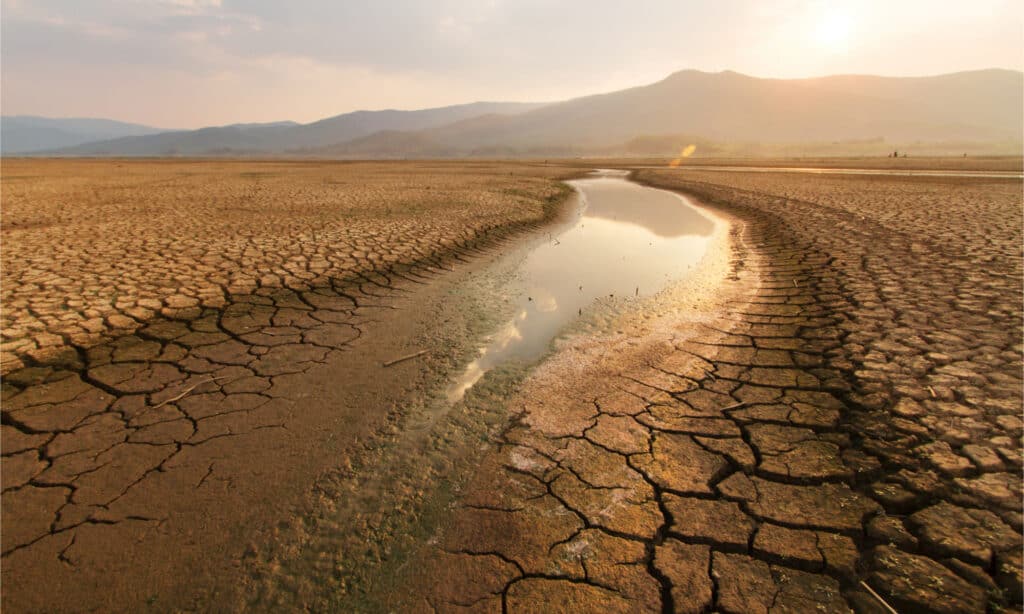
If the Tigris River dries up completely, the effects will be felt beyond the borders of Iraq. The drying of the river is a sign of tough times ahead for many countries.
©Piyaset/Shutterstock.com
The Tigris River is certainly drying up, and the impact of this disaster is hard to overstate. However, because there are many contributing causes to the drying of the river, it is not an easy issue to solve. As pollution increases, global warming worsens, more dams are built, and the population increases, the situation will only continue to get worse.
While wars over access to water are not an immediate risk, it is a very real possibility. People who live in the area, however, are struggling to feed their families and relocate to safer and more sustainable homes.
The photo featured at the top of this post is © Inna Giliarova/Shutterstock.com
Thank you for reading! Have some feedback for us? Contact the AZ Animals editorial team.




